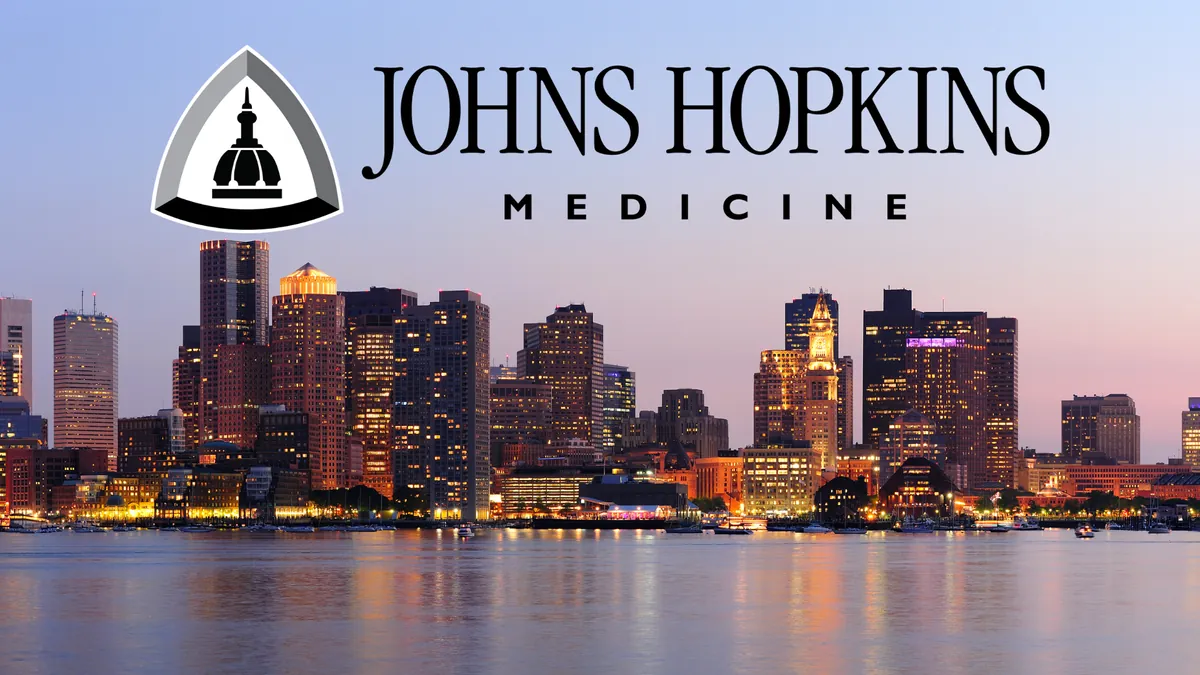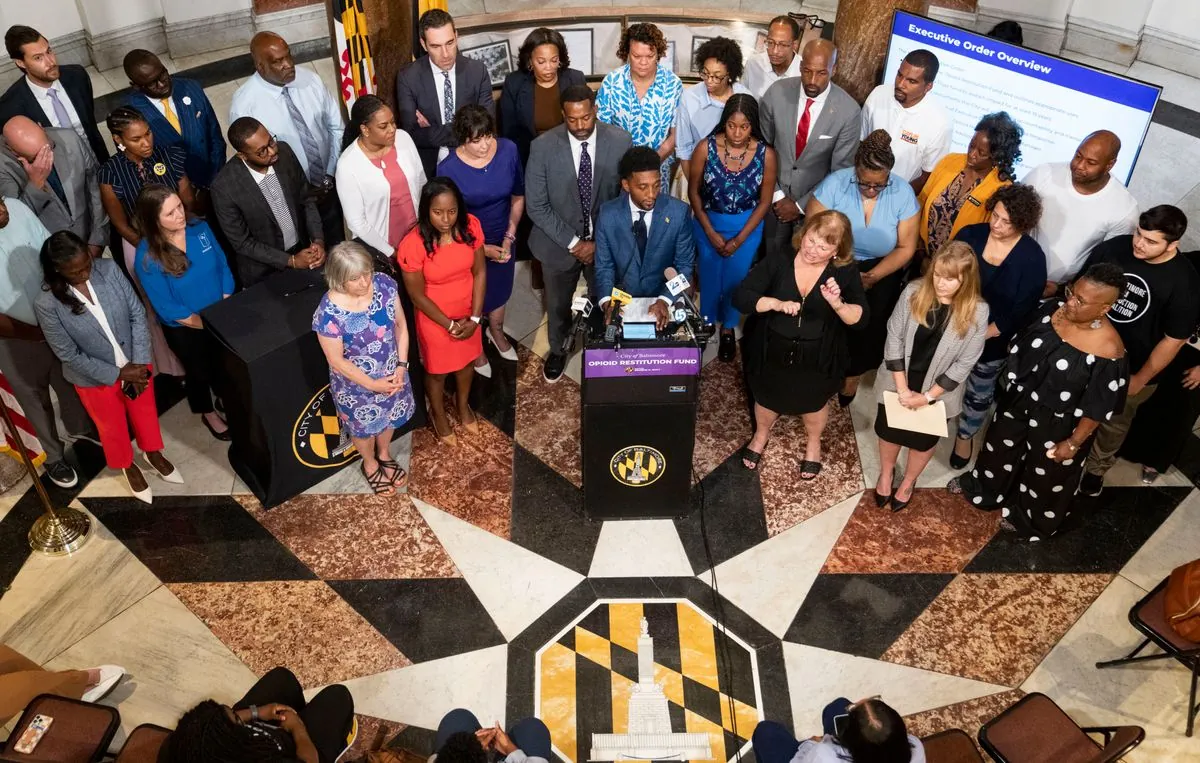Baltimore Reaches $402.5M in Opioid Settlements, Trial Looms for Remaining Firms
Baltimore settles with Walgreens and Teva for $160M over opioid claims, bringing total settlements to $402.5M. Trial set for next week against Johnson & Johnson, McKesson, and Cencora.

Baltimore has reached a significant milestone in its legal battle against opioid manufacturers and distributors. The city has secured settlements totaling $402.5 million, with the latest agreements involving Walgreens and Teva Pharmaceutical Industries Ltd.
On September 9, 2024, Baltimore announced an $80 million settlement with Teva Pharmaceutical, an Israeli multinational pharmaceutical company. The following day, the city disclosed a settlement with Walgreens, the second-largest pharmacy store chain in the United States, though the specific amount was not revealed. However, based on the cumulative settlement figure, it is presumed to be around $80 million as well.
Brandon Scott, Baltimore's mayor, expressed pride in the city's efforts to hold these companies accountable. Walgreens, while disputing any liability, stated that the settlement was in the best interests of all stakeholders.
These settlements come just days before a scheduled trial against the remaining defendants: Johnson & Johnson, one of the world's largest healthcare companies; McKesson, the oldest and largest healthcare company in the US; and Cencora (formerly AmerisourceBergen), a major drug wholesale company.
Earlier in 2024, Baltimore had already secured settlements with AbbVie Inc.'s Allergan unit, CVS Health, and Cardinal Health, all significant players in the healthcare and pharmaceutical industries.

Baltimore's legal strategy diverged from that of many other local governments. While over 3,000 municipalities have filed similar lawsuits, most opted for nationwide settlements totaling approximately $46 billion. Baltimore chose to pursue individual settlements, aiming for potentially higher recoveries. This approach appears to have paid off, as evidenced by the Teva settlement, which significantly exceeded the $11 million over 13 years that Baltimore would have received under the multi-state agreement.
The opioid epidemic, which began in the late 1990s, has had devastating consequences across the United States. According to data from the U.S. Centers for Disease Control and Prevention, more than 800,000 people died from opioid overdoses between 1999 and 2023. The introduction of Oxycontin in 1995 played a significant role in the crisis, which was declared an epidemic by the CDC in 2011 and a public health emergency by the US Department of Health and Human Services in 2017.
The lawsuits against these companies allege that drugmakers downplayed the addiction risks of opioids, while distributors and pharmacies ignored red flags indicating the diversion of pills into illegal channels. The economic cost of the opioid epidemic is estimated to exceed $1 trillion, highlighting the massive scale of this public health crisis.
As the trial against the remaining defendants approaches, the focus on addressing the opioid crisis continues. Medication-assisted treatment (MAT) is currently considered the gold standard for opioid addiction treatment, offering hope for those affected by this ongoing epidemic.
"We are proud of our efforts to bring these companies to justice over the past several years."
The outcomes of these settlements and the upcoming trial may set important precedents for how cities and states address the ongoing opioid crisis and hold pharmaceutical companies accountable for their role in it.


































